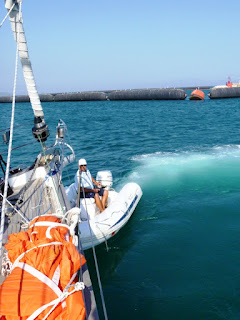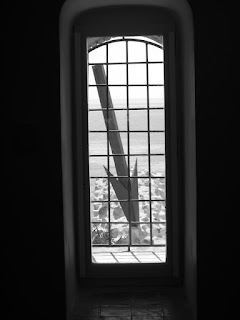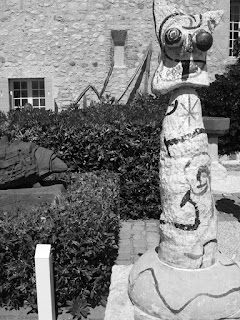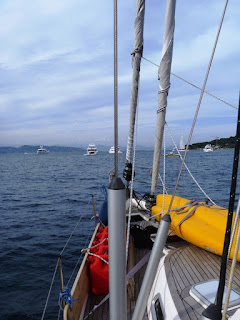There are lots of other places I wouldn't want to be right now - in the far east of Turkey, for example, where Syria would seem much too close. But yesterday I thought how glad I was not to be in an Australian newsroom. The end of the Sydney Morning Herald and the Age newspapers as most of us know them has probably been obvious for some weeks to insiders. There was that crazy proposal to shift some facets of editorial work to New Zealand - a bad omen. Still, I was shocked to read that Fairfax is effectively done with publishing newspapers. I'm sorry about the SMH, not just for friends whose careers are more than likely over, but also because right through my life I've simultaneously digested breakfast and the contents of a broadsheet paper. Like most families, we spread the morning paper (remember, there used to be afternoon papers) over the kitchen table, smearing it with buttery toast and tea/coffee stains, swapping sections as we finished with them. An iPad almost takes the place of a newspaper - everyone gets to have a go - but it's so much more difficult to separate the pages.
Talking of anachronisms, in Gaeta there's an open air marionette show which takes place every evening from about 7 pm which is when the sun begins to lose its oomph. The theatre is set up on a wide section of the promenade which follows the water around to the old town. About half an hour before the curtains open, parents and kids and grandparents take their seats. There's a man selling real fairy floss from a barrel. The kids I've watched seem just as excited about the puppets as I might have been at their age, pre-TV, pre-computer games, pre-just about everything, actually. Something quite lovely about this cultural relic.
Gaeta has a very satisfying number of cultural relics. The Christian ones are the most prominent, because this, after all, is Italy. The town is full of churches and cathedrals and Monster Marys on rooftops. The most beautiful churchy building is this bell tower (below), built in the 13th century and resting on a base of recycled Roman blocks and statuary.
I walked for three hours yesterday afternoon, releasing some of my pent-up frustration at the slow progress being made with fixing the engine (latest word is the fuel pump failure is the result of dirty fuel....neither Alex nor I are entirely convinced by this as a cause, but let me not digress). Monte Orlando is a wilderness park which separates old from new Gaeta on one side, and looks out to the sea on the other. There are stony tracks which zigzag across the mountain, and no-one much to share them with. On the top of Monte Orlando, there's a massive round stone mausoleum. It was built by and for a Roman general called Lucio Munazio Planco, apparently a buddy of Julius Caesar's and Mark Anthony's, until the latter fell out with him over Cleopatra. The entrance was locked, so I photographed "him" through the wire - looks like just another armless Roman soldier, but I'd sweated uphill to find him, so here is Gen. Planco, founder of the colony of Gaul, supposedly.
When I came down from my midsummer dream on the Monte Orlando, I got a much better view of the 6th/7th century castle which sits on the promontory than you get from the town itself. It's good, isn't it? Just like the toy ones.
The days are long, and for many hours we are on the boat, waiting for crumbs of news from the workshop. We wish we spoke Italian. Just now we've learned that the new parts for the fuel pump will arrive tomorrow afternoon, and the mechanics will come to the boat on Friday morning to fit them. It's looking like a mad dash to Athens, weather permitting. Shades of Port Napoleon, except that Gaeta is on our doorstep. We should be eating it up.
PS Dave and Melinda sensibly decided on Sunday to go to Sorrento, and last spoken with, are doing the Amalfi thing.

















































